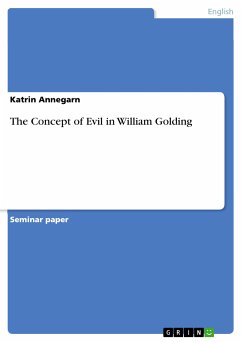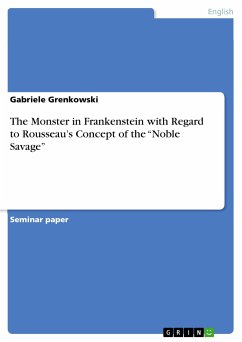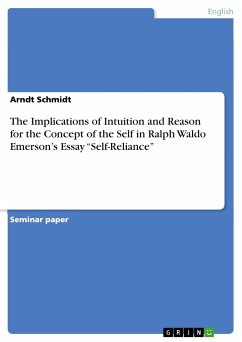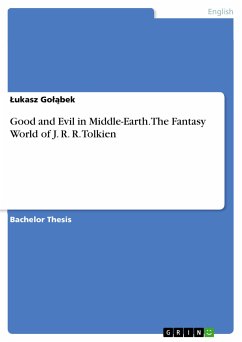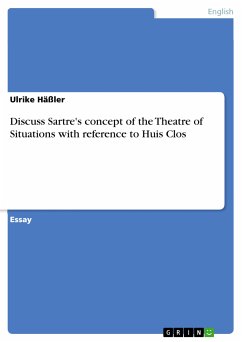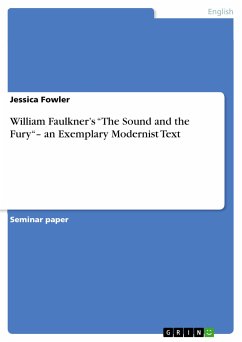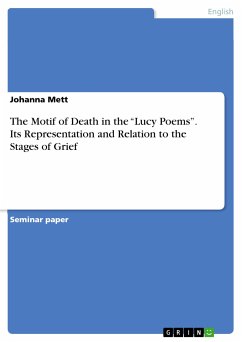Seminar paper from the year 2005 in the subject English Language and Literature Studies - Literature, grade: 2,0, University of Paderborn (Anglistik), language: English, abstract: As the motif of evil is the central theme in William Golding’s work, I will consider in my term paper his definition of evil and its realization in his first two novelsLord of the Flies(1954) andThe Inheritors(1955). How did he under-stand this complex but central motif of human life and religion? Is there a general position towards evil that can be recognized in his work? Did he consider human beings as generally evil or generally good? - Thinking about the idea of “evil”, many questions arise. Trying to answer some of them, I will concentrate mainly on the book we talk about in class,The Inheritors,his second and - as he himself said - favourite novel. In summary,The Inheritorsdeals with evolution and the development of human beings. On the example of a Neanderthal group, Golding depicts the conflict between the Neanderthalers and the “New Men”2,homo sapiens,which finally ends in the death of the Neanderthalers and the victory of the superiorhomo sapiens.But arehomo sapiensreally superior to the Neanderthalers? What is Golding’s position? In a further step, I will examine Golding’s first and most famous novel,Lord of the Flies(1954), for the idea of evil. Is the attitude he gives inThe In-heritorsthe same as inLord of the Flies?Or did his view change after the first novel? As a summary, I would like to give a final conclusion of Golding’s un-derstanding of his central motif “evil” and consider perspectives for further examinations.
Bitte wählen Sie Ihr Anliegen aus.
Rechnungen
Retourenschein anfordern
Bestellstatus
Storno

